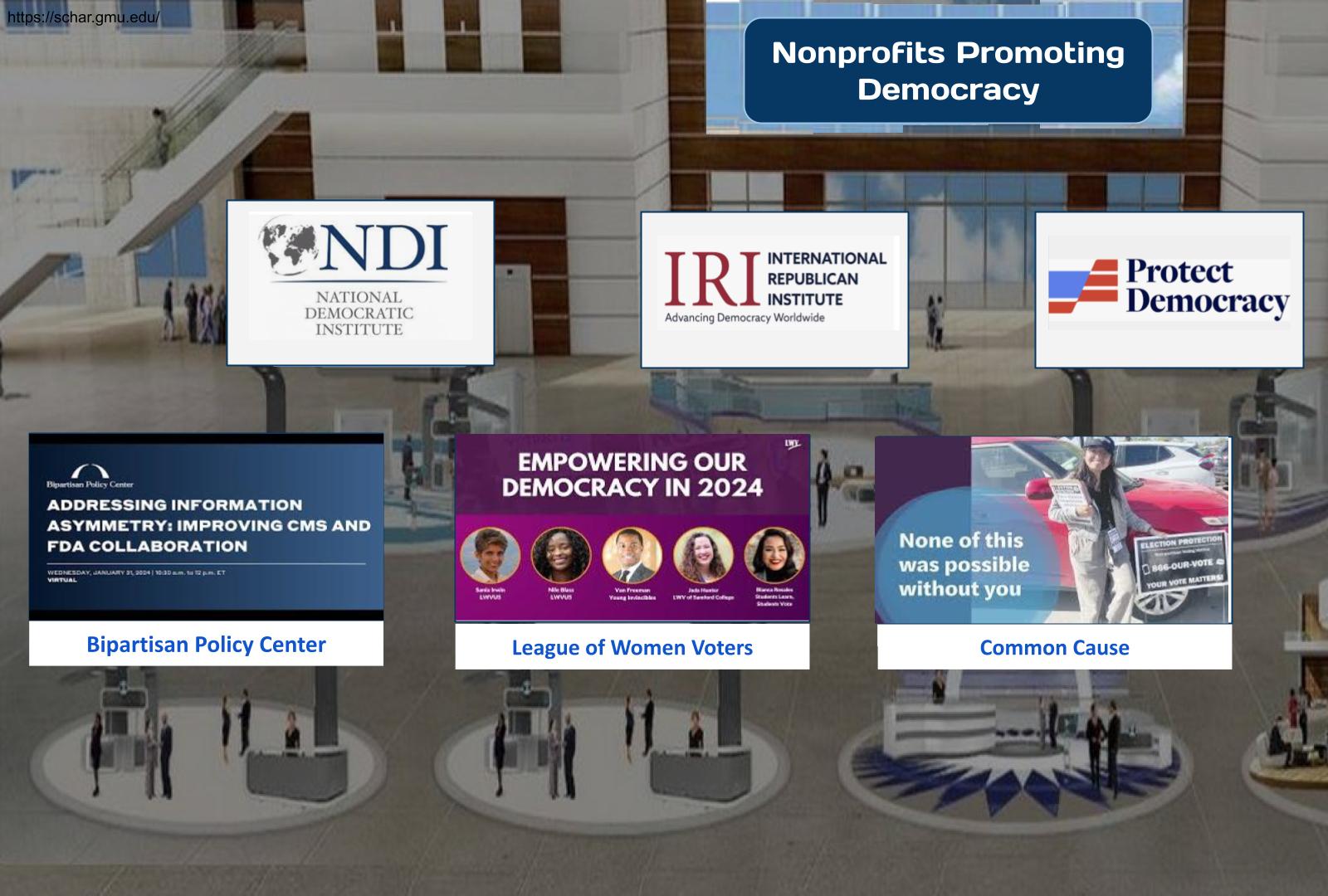Historian Sean Wilentz argues that from the days of George Washington’s farewell address, to Senator Barack Obama’s speech at the Democratic national convention in 2004, politicians have called upon Americans to move beyond parties.
Wilentz calls this the post-partisan style, and argues that “the antiparty current is by definition antidemocratic, as political parties have been the only reliable electoral vehicles for advancing the ideas and interests of ordinary voters”. However, nonpartisan elections are quite common at the local level, primarily in an effort to keep national issues from being mixed up with local issues.
Today, nonpartisan elections are generally held for municipal and county offices, especially school board, and are also common in the election of judges. The unicameral Legislature of Nebraska is the only state legislature that is entirely officially nonpartisan; additionally, the bicameral Fono of American Samoa is the only territorial legislature that is officially nonpartisan.
Although elections may be officially nonpartisan, in some elections (usually involving larger cities or counties, as well as the Nebraska unicameral) the party affiliations of candidates are generally known, most commonly by the groups endorsing a particular candidate (e.g., a candidate endorsed by a labor union would be generally affiliated with the Democratic Party, while a candidate endorsed by a business coalition would be generally affiliated with the Republican Party).
OnAir Post: Nonprofits for Democracy

